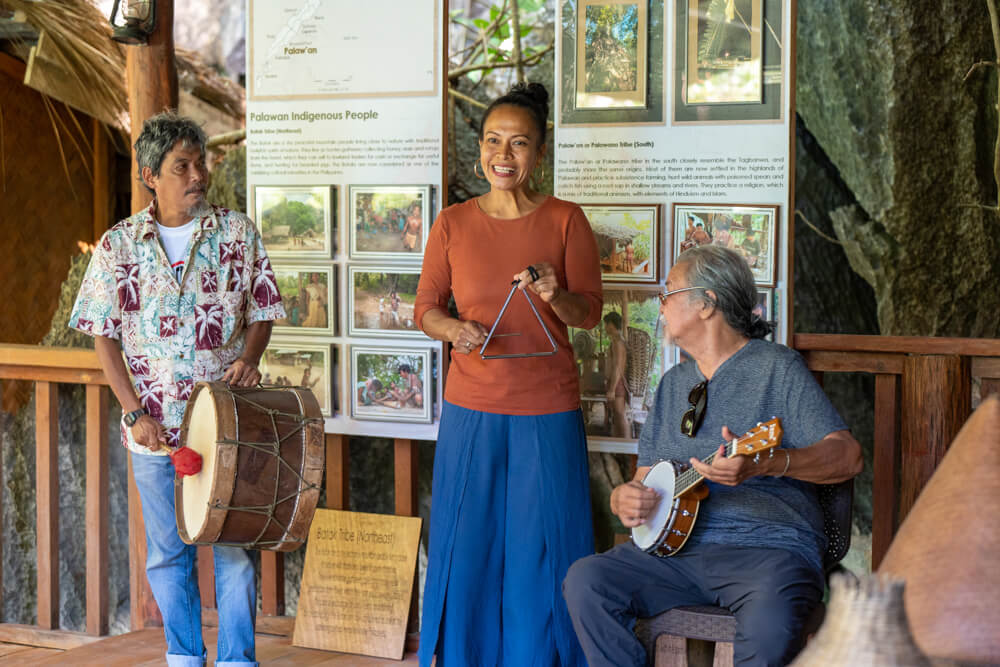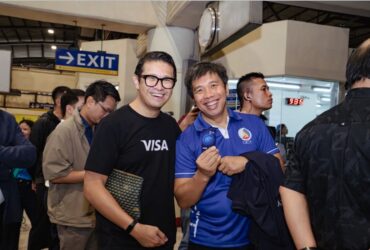Guided by the visionary leadership of Chief Enlightener Jean Henri Lhuillier and Chief Astounder Augusto Lontok, Araw Hospitality Group, one of the Philippines’ leading boutique hospitality outfit, has unveiled an ambitious corporate social responsibility initiative, “Araw Cares: Uniting Hospitality and Heritage.” The innovative program, crafted in alliance with the National Commission on Indigenous Peoples (NCIP), is a bold commitment to uplift the livelihoods and enhance the quality of life for indigenous peoples nationwide.
Embodying the group’s forward-thinking ethos, this unique partnership outlines a comprehensive 4-point program designed to ensure sustainable livelihoods, promote essential education, and elevate cultural consciousness among the NCIP members. The initiative includes facilitating sustainable employment for NCIP members residing near Araw properties, rolling out regular educational programs, curating a unique space to honor and display NCIP culture and products, and providing invaluable on-the-job training supplemented with a food allowance for younger community members.
“Pathways to Prosperity,” the program’s centerpiece, is an enduring pledge to cultivate sustainable livelihoods. With the supportive collaboration of NCIP, Araw Hospitality Group, under the strategic guidance of Lhuillier and Lontok, will engage NCIP members in pivotal locations, including Palawan, Batangas, Dumaguete, Cavite, and Metro Manila. The group allows them to join their diverse workforce under fair and favorable conditions. This initiative strives to weave together the local community’s vibrant spirit with Araw’s proven operational prowess, providing a mutually enriching experience for the NCIP members and the group’s clientele.
The partnership also manifests a shared mission to amplify cultural appreciation through the “Tapestry of Traditions”. Araw Hospitality will carve out a dedicated space within its properties to narrate the compelling story of NCIP’s rich heritage. This cultural hub will exhibit an eclectic array of NCIP products, information, and displays encapsulating their culture and history, all curated meticulously in collaboration with NCIP, ensuring an authentic representation of their legacy.
“Tomorrow’s Torchbearers,” a forward-thinking initiative aimed at youth empowerment, promises to provide comprehensive on-the-job training to underage NCIP members. By
introducing these young individuals to various facets of hospitality operations – from housekeeping to culinary arts – the program aims to lay a robust foundation for their future careers. Moreover, a food allowance will be provided to address their basic needs during this two-month training period, underscoring Araw’s commitment to their holistic development.

The impact of the “Araw Cares: Uniting Hospitality and Heritage” program is already making waves. At Lihim Resorts in El Nido, Palawan, the second level of the Araw Lounge in Cadlao Lagoon has been designed in homage to the NCIP community. This serene retreat elegantly narrates the NCIP’s history and culture. Additionally, the resort has proactively recruited and offered practical training to NCIP community members. This collaboration has also given birth to the ‘Lihim Indigenous People song’, a melodious testament to this significant partnership.
The alliance between Araw Hospitality Group and NCIP, masterfully guided by Lhuillier and Lontok, is an exemplary benchmark for socially responsible business practices within the hospitality industry. By championing the rights of indigenous communities and preserving their rich cultural heritage, it solidifies the group’s dedication to social equity, sustainable development, and fostering a more inclusive society.
The execution of the “Araw Cares: Uniting Hospitality and Heritage” program re%ects Araw Hospitality Group’s deep-seated commitment to its roots. It strengthens the group’s ethos of fusing local heritage and culture with its world-class hospitality offerings, thereby creating an unrivaled guest experience that celebrates the diversity and resilience of the Filipino people.


















































Leave a Reply